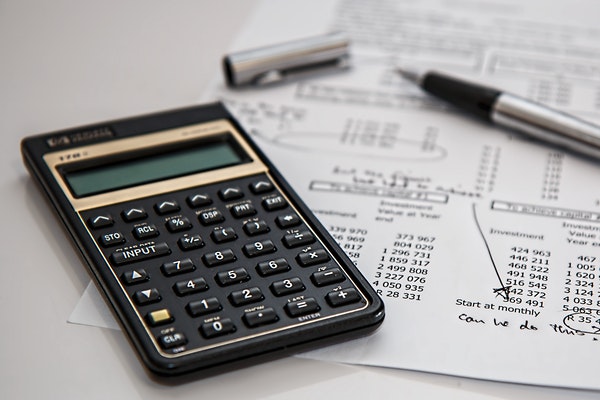Tackling debt is something that you cannot ignore no matter how regular or irregular your income is. Ideally, your spending and savings are based on a more regular cash flow. However, you may be self-employed or are uncertain of the timing or amount of your income. In such instances dealing with debt becomes more difficult. Learn how to succeed in debt management if you have an unsteady income.
Dealing with Debt When Income Is Unsteady
Dealing with Debt – Income & Budget
Managing your budget: A budget is the foundation of your finances. The difference in the case of an unsteady income is that you will have a more frugal and tighter budget than what you would have otherwise. This budget would strictly entail the minimum you need to live on each month.
Understand the timing and irregularity of your income: It’s essential to have an insight into your irregular income and any patterns that might exist. The order in which you tackle your debt will depend on your income. You will have to ask yourself critical questions such as:
- Will you earn more in one season than the others?
- Will there be months where your income will peak and somewhere it will be near zero?
- What percentage of your income will you set aside for your debt each time?
Identifying income patterns as much as possible can help you deal with debt in unstable income situations.
Dealing with Debt – First Things First
Decide which debt to tackle first: Deciding which debts are more crucial to eliminate is the first step. Your budget must always give priority to things such as a mortgage, because holding your roof over your head is a basic need. This process will also help you straighten out your debt reduction strategy and your financial priorities overall. Once you have identified your priorities, then you can work out a payment plan that works for your financial situation.
Prioritize your debt: With an unsteady income, every month is not a financially stable one. Therefore, you must be very cautious in prioritizing your debt. Tackling the high-interest credit card debt first is one repayment method that could work well in this situation. This way you avoid accruing more and more interest on those high-interest cards.
Make at least the minimum payment: You need to make at least a minimum payment of each of your credit cards to avoid any defaults. Keep in mind that with an unsteady income, you might have to fit in the amount of three minimum payments instead of one in certain months when your income doesn’t easily support making those payments. Your budget will have to be at its most frugal level to face debt pay off challenges like this one.
Adding to a rainy day fund: With unsteady income, a rainy day fund is far more important to have. In your case, you are certain that you will have low-income months, and must be prepared to face any financial trouble that comes your way to avoid more debt.
If you’re struggling to pay off debt, ACCC can help. Schedule a free credit counseling session today.







